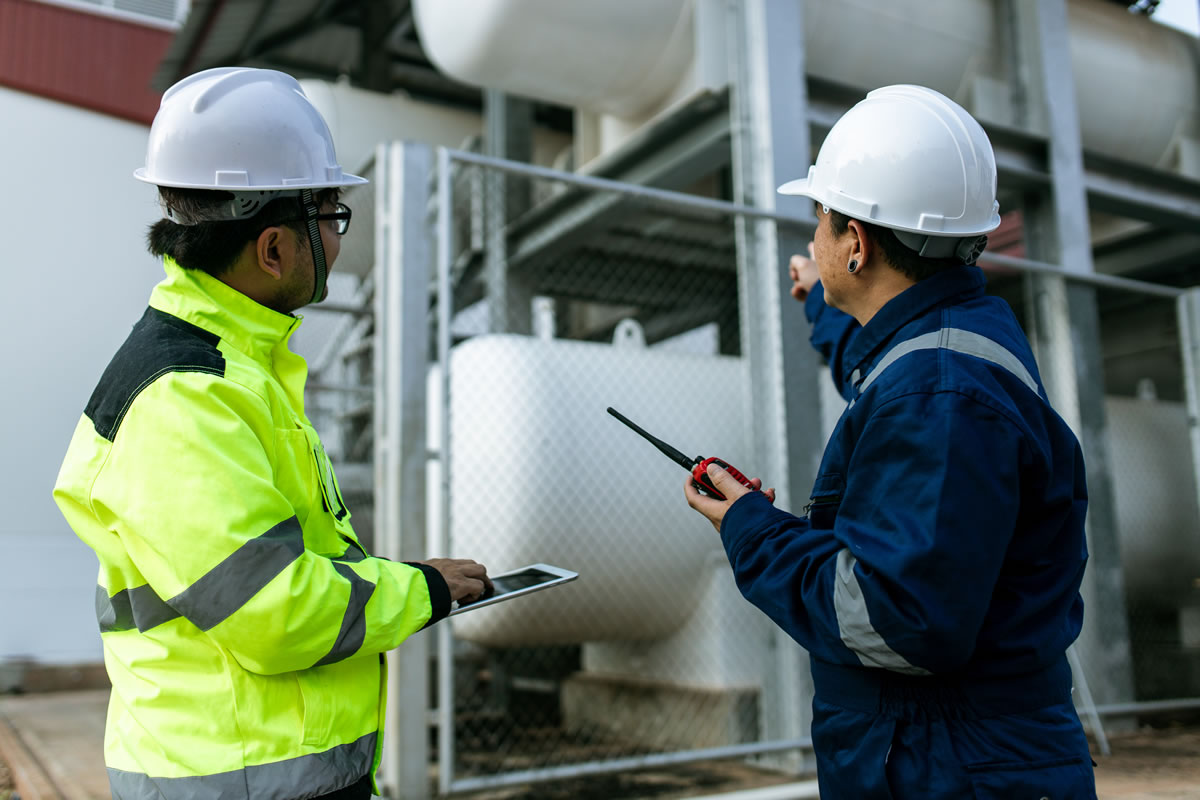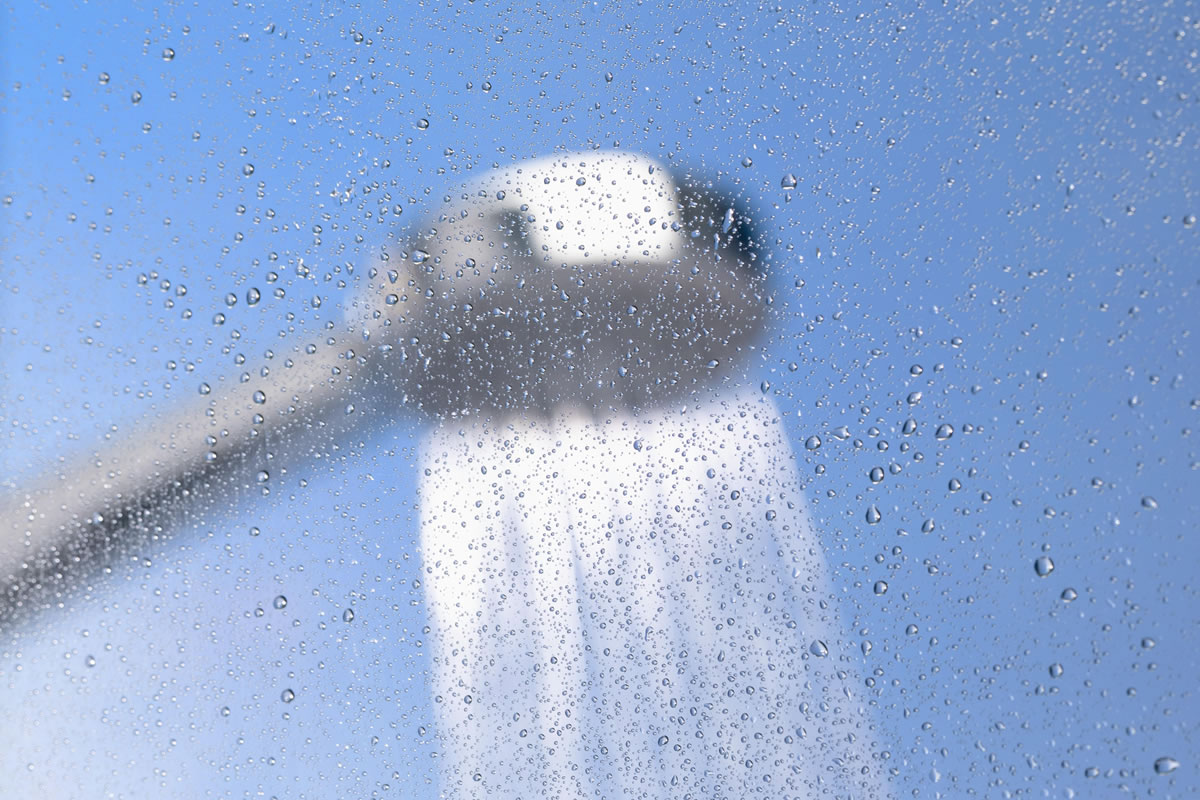How Important is a Legionella Risk Assessment?
 This article examines how the lack of adequate Legionella risk assessments significantly contributed to the UK’s largest outbreak of Legionnaires’ disease that occurred at Barrow-in-Furness, August 2002.
This article examines how the lack of adequate Legionella risk assessments significantly contributed to the UK’s largest outbreak of Legionnaires’ disease that occurred at Barrow-in-Furness, August 2002.
Under UK health and safety law employers, business owners and landlords have a legal duty to carry out a Legionella risk assessment of premises under their control. But what happens if they fail to meet their legal responsibilities?
In this, the second in our series of 5 articles focussing on the Barrow outbreak of 2002, we consider why a lack of Legionella risk assessment was identified as one of the key failings in the report by the Health and Safety Executive.
A version of this article examining the lack of Legionella risk assessment and its impact on risk first appeared in Legionella Control International’s newsletter. To get it in your inbox, sign up for free here.
How important is a Legionella risk assessment?
In 2002, an outbreak of Legionnaires’ disease occurred at a leisure centre called Forum 28 in Barrow in Furness, United Kingdom. The outbreak centered around the use of a poorly maintained cooling tower and it led to the deaths of seven people and caused 180 others to fall ill. It is one of the most serious outbreaks of the disease ever to occur in the UK.
Today, more than 20 years after the outbreak, the Health and Safety Executives Barrow Report is ensuring others are still learning from it. At the time of the report’s publication, it was hoped that the detail within it would prevent such outbreaks from occurring again in future. Certainly, there are many lessons to be learned from the outbreak and from the detailed report, which covers multiple failures in detail. The full report is available via the HSE website online here.
In this article, we are going to cover one of the main failings mentioned in the report. This involved a lack of Legionella risk assessments being carried out by Barrow Borough Council, a feature we will cover in more detail below. You can find articles covering some of the other failures involved in the case elsewhere on our website here.
What is a Legionella risk assessment?
A Legionella risk assessment is a detailed assessment of the water systems used in a building or process. It is designed to identify where the risks are to health and safety. Employers, landlords and business owners are responsible for making sure risks are identified then managed effectively, and the best way to achieve this is by completing a Legionella risk assessment of those water systems.

In the case of Legionella, it is essential to carry out a risk assessment that identifies where the risks may be for Legionella bacteria. These risks can then be removed, ideally, or if not, reduced by various means. As such it is a specific risk assessment for Legionella and should not be covered as part of a general health and safety risk assessment of the same premises.
According to the Barrow Report, published a few years after the outbreak of Legionnaires’ disease and subsequent court case, Barrow Borough Council did not complete the required risk assessments that it should have done. There were insufficient resources to commission the assessments, and this led to a backlog occurring. No control scheme to combat Legionella bacteria was drawn up because of this.
Do you need a Legionella risk assessment?
A risk assessment for Legionella should always be conducted by someone who is experienced and with suitable knowledge of Legionella bacteria and its risks when present in a manmade water system. This may not be someone within your business. There are many cases where it would be prudent to enlist the services of an external company or professional to handle this process. This is particularly true of large or complex buildings, as they are more likely to have increasingly complicated water systems present.
It is essential that the individual conducting the Legionella risk assessment possesses the right experience and knowledge to carry out the assessment correctly, competence is key here. If so, they will be able to identify the risks and how to manage them effectively. This is what should have occurred to prevent the Barrow outbreak from happening.
Before the outbreak occurred in 2002, Barrow Borough Council had not properly considered the risks posed by Legionella as part of a risk assessment. Since the required risk assessments had not been completed, it was impossible to know where the risks lay and what could be done to reduce them or get rid of them entirely. This set up a situation in which Legionella bacteria was allowed to grow and spread through water systems used at the Forum 28 arts centre.
Failing to recognise Legionella risks can be disastrous
Legionella spreads to humans when it is present in aerosols or water spray that humans can then inhale if they are close enough to it. This can cause people to fall ill, and in this case, seven people lost their lives. It is one of the most serious and extensive outbreaks of Legionnaires’ disease ever to occur in the UK.

We can see that it is not enough to simply appoint someone from within a business to conduct these risk assessments. While this can technically happen, an inexperienced individual without the proper knowledge may not be able to recognise where the risks lie. This would lead to an ineffective plan of action that may not be enough to manage the risks posed by Legionella bacteria, even if it seems sufficient on the surface.
The role of the responsible person for Legionella
Health and safety guidance requires a responsible person to take day to day responsibility for controlling Legionella bacteria within a building or business premises. This person must be trained, experienced, and able to recognise the dangers posed by Legionella. Clearly, in the case of the Barrow outbreak, this person was not appointed. The Barrow report mentions a lack of resources but is unclear on what this means. There wasn’t anyone to handle the Legionella risk assessments, and this meant the risks were not identified or handled correctly.
What does this mean for your business?
It is sobering to read the report and to find out what led to the Barrow outbreak. Legionella is a known bacteria and it is easy to control if the right steps are taken to do so. This means that an outbreak of Legionnaires’ disease is preventable – but only if risk assessments are regularly undertaken, risks identified, and suitable and sufficient precautions applied as required.
In this case, the best course of action may well have been to enlist the services of an external and experienced company dealing in Legionella control. Experts would be able to identify when a risk assessment should be undertaken, and what steps should be taken following the assessment. This could have happened back then, and it can happen now.

It isn’t always practical or advisable for someone employed by a council, business, or other venue to gain the required qualifications and experience to take on this role. Sourcing the experts does not remove the responsibility of those in control of the business or premises. However, it should ensure that the proper steps are taken to make sure that the business is not at risk of a Legionnaires’ outbreak.
For further information about the services we can provide to you and your business, to help you, your workers, and your visitors stay safe, please get in touch today.
World leading Legionella and water safety specialists
Legionella Control International help business owners and those responsible for Legionella and water safety in the workplace. Our water management solutions support duty holders, the responsible person and others with responsibility for the control of waterborne pathogens including Legionella bacteria; helping them to protect staff, customers and others and so meet their legal and wider stakeholder responsibilities in this specialist area.
We deliver a full range of specialist services including legionella risk assessments, water quality analysis and post testing support, independent compliance auditing, City & Guilds training, Authorising Engineer (Water) services, expert witness support and other environmental risk management services that help keep people safe.
To speak with one of our Legionella safety specialists call us today on 0330 223 36 86 or contact us here …


